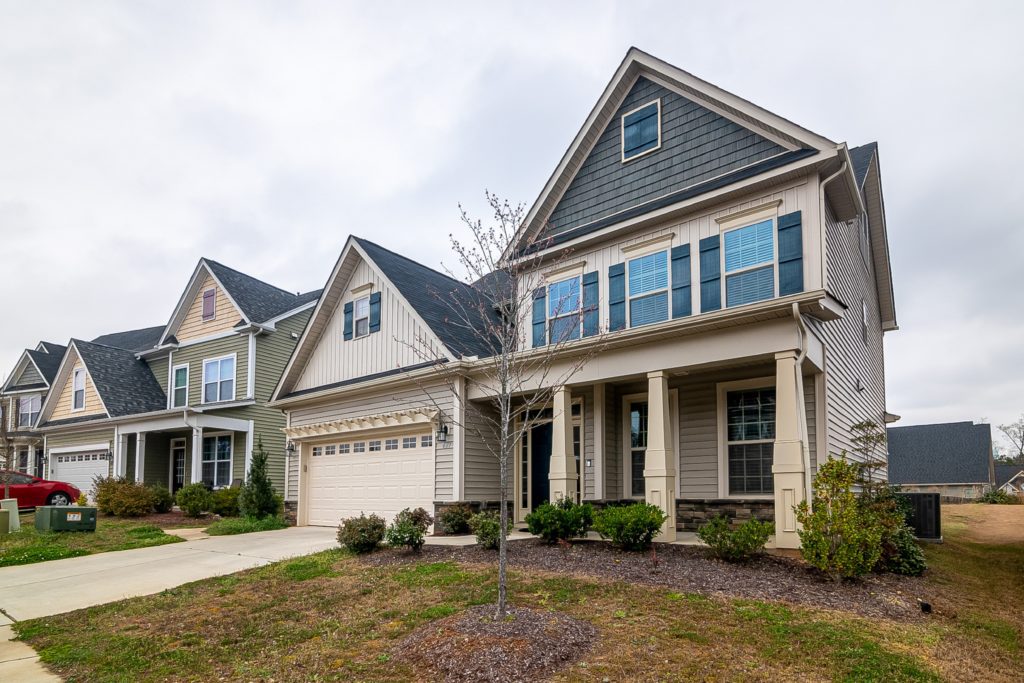What to Do When Your Community’s MRTA Revitalization is Denied
Reading Time: 5 minutes
What happens when a proposed revitalization of covenants, restrictions, and other governing documents under the Marketable Record Title Act (MRTA) is denied by the Department of Economic Opportunity (DEO)? While MRTA revitalization may appear to be a relatively straightforward process, as outlined within Chapter 712 Fla. Statutes, approval of the revitalization by the DEO is not guaranteed, owing to the steady changes in DEO internal rules and processes. This article will contemplate what happens when the DEO denies a proposed revitalization, along with steps an association can take to appeal, assuming there are no “fatal flaws” in the submission.
MRTA Revitalization Process Overview
When responding to a denial of a proposed revitalization by the DEO, it is imperative to have a thorough understanding of the statutory revitalization requirements. To attempt to revitalize covenants that have been extinguished by MRTA, an association must meet the following requirements:
- All parcels to be governed by the revived declaration must have been once governed by a previous declaration that has ceased to govern some or all of the parcels in the community;
- The revived declaration must be approved, in writing, by a majority of the affected parcel owners, at a properly noticed meeting of the affected parcel owners;
- The revived declaration may not contain covenants that are more restrictive on the parcel owners than the covenants contained in the previous declaration, except that the declaration may:
- Have a longer effective term than the term of the previous declaration;
- Omit restrictions contained in the previous declaration;
- Govern fewer than all parcels governed by the previous declaration;
- Provide for amendments to the declaration and other governing documents; and
- Contain provisions that Chapter 720, Florida Statutes, requires for new declarations that were not contained in the previous declaration
- The voting interest of each parcel must remain the same;
- The proportional assessment obligations of each parcel owner must be unchanged; and
- The amendment provisions must be unchanged from the previous governing documents or, if there were no amendment provisions in the previous governing document, amendment provisions that require approval of at least two-thirds of the affected parcel owners;
Pursuant to Section 720.405, Florida Statutes, the proposal to revive the declaration must be proposed by an organizing committee consisting of at least three parcel or unit owners. The organizing committee must submit the proposed revived declaration to all unit owners for a vote at a properly noticed meeting. At least fourteen days prior to the meeting, at which the property owners will vote on the revived declaration, the organizing committee must deliver to each parcel owner:
- A copy of the complete text of the proposal;
- A copy of the proposed, revived declaration of covenants and restrictions;
- A copy of the proposed new, or existing, articles and bylaws of the association; and
- A graphic depiction of the property to be governed by the revived declaration
At this meeting, an attorney or court reporter must certify proof of meeting notice to all unit owners and the meeting minutes recording the parcel owner votes on the revived declaration. Lastly, the association must then submit the proposed revived declaration and other governing documents to the DEO for review within 60 days of the vote.
What Happens When Revitalization is Denied?
When the DEO denies a proposal for revitalization, it’s office will send a letter to the association explaining the reasons for denial. This letter will list the specific reasons for the denial, including the specific statutory requirements that the association did not meet in its proposal for revitalization. This letter will also include a notice of administrative rights. The notice of administrative rights explains the association’s and other affected parties’ appeal rights along with how to appeal procedurally.
The Appeal Process
Any person whose “substantial interests” are affected by the DEO’s denial has a right to appeal the decision pursuant to § 120.569 Florida Statutes. This means that the filing of an appeal is not limited solely to the association, rather an individual property owner may also appeal the DEO’s decision.
To start the appeal process, a petition must be filed with the agency clerk of the DEO Office of the General Counsel. This petition must be filed within twenty-one (21) calendar days of receipt of the DEO determination. If a petition is not filed with the agency clerk within the twenty-one (21) day period, the right to appeal is waived. Pursuant to Rules 28-106.104(2), 28-106.201(2), and 28-106.301, Florida Administrative Code, a petition to appeal must include, among other items:
- The name and address of the petitioner and, if represented, his or her attorney or qualified representative;
- When and how the petitioner received notice of the agency decision
- A statement of the disputed issues of material fact;
- A statement of the ultimate facts, specifically those which the petitioner believes warrant reversal or modification of the agency denial;
- A statement of the facts, statutes, or rules which the petitioner believes warrant a reversal or modification of the agency action; and
- The relief sought by the petitioner
Conclusion
Navigating a MRTA revitalization attempt can be a challenging process for any property owners’ association. This task becomes even more challenging when the proposal to revitalize is denied by the DEO. For even the most sophisticated lawyers, MRTA revitalizations become tedious and complex. The experienced community association attorneys at Jimerson Birr can help navigate the MRTA revitalization process from start to finish, providing your association with potential pitfalls and insight into the process.


